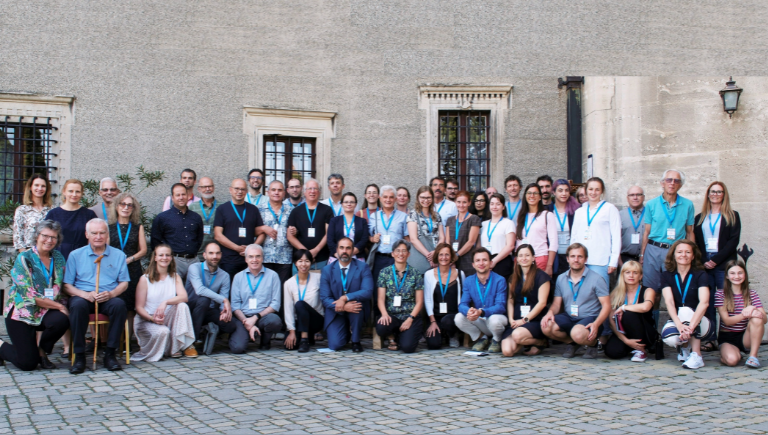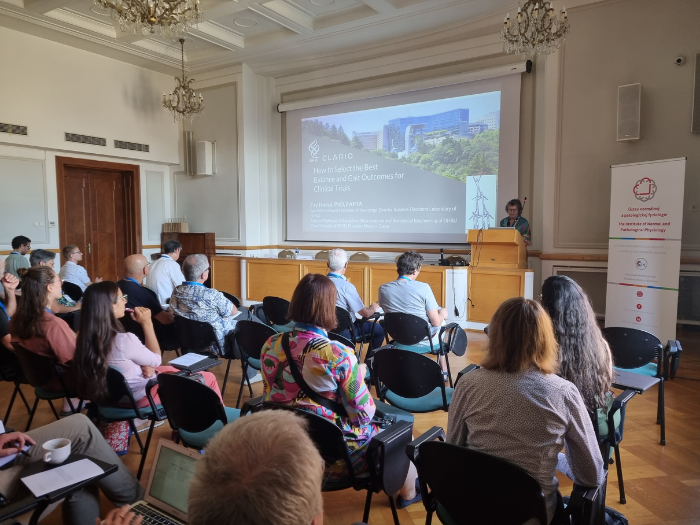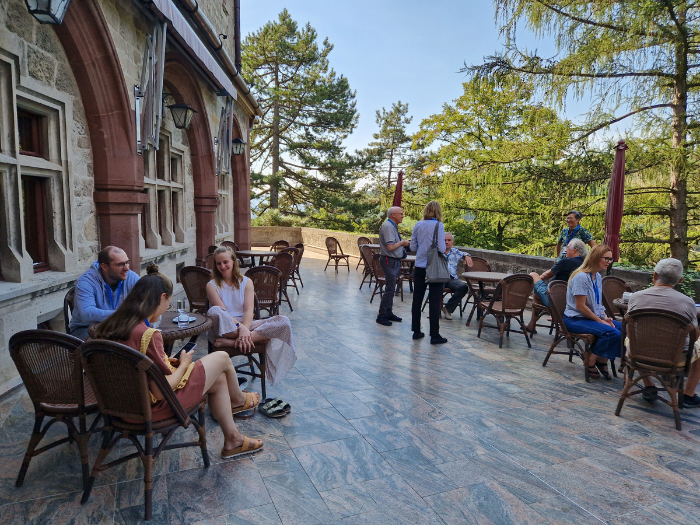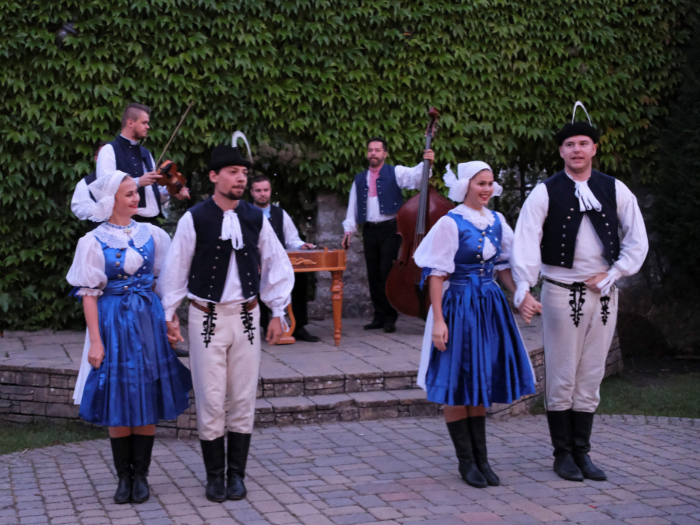
From 10 to 13 September 2023, the 9th International Posture Symposium was held for the ninth time at the Congress Centre of the Slovak Academy of Sciences in Smolenice under the auspices of the Institute of Normal and Pathological Physiology of the Centre of Experimental Medicine, Slovak Academy of Sciences.

The symposium offered the scientific community from all over the world the opportunity to present the latest results in the field of research on human balance control, as well as research on neurological diseases associated with disorders of the musculoskeletal and sensory systems. The lectures at the symposium provided many new and interesting insights into the possibilities of posture and gait analysis and their application in clinical practice or rehabilitation.
The conference was actively attended by 55 experts from 15 countries. The symposium was opened by Prof. Lena Ting from the Department of Rehabilitation Medicine, Emory University in Atlanta (USA) with an invited lecture entitled “Cortical activity during reactive balance reflects perceptual-motor and cognitive-motor interactions in health, aging, and disease”. She presented new methods to identify cortical activity during reactive postural responses to perturbations in healthy people as well as in people with balance disorders. She highlighted the important intersections across perceptual, cognitive, and motor domains the study of which may help identify the complex mechanisms underlying balance function. Her results suggest that direct measures of hierarchical balance control mechanisms could enable development of mechanistic, precision-medicine efforts aimed at fall prevention in vulnerable populations.
The members of the Scientific Committee and authors of other invited talks in the different sessions were internationally renowned experts in the field of balance control research – Prof. Fay Horak and Prof. Robert Peterka from the Department of Neurology, Oregon Health and Science University (USA), Prof. John Allum from the Department of Otorhinolaryngology, Basel University Hospital (Switzerland), Prof. Vassilia Hatzitaki from the School of Physical Education and Sport Science, Aristotle University of Thessaloniki (Greece), Prof. John Jeka from the Department of Kinesiology and Applied Physiology, University of Delaware (USA), Prof. Lorenzo Chiari from the Department of Electrical, Electronic, and Information Engineering, Università di Bologna (Italy), as well as Prof. Christoph Maurer from the Clinic of Neurology and Neurophysiology, University of Freiburg (Germany). Behind the organization of the symposium was a team of scientists from the Department of Behavioral Neuroscience of the Institute of Normal and Pathological Physiology CEM, headed by the chairman of the Organizing Committee, Ing. František Hlavačka, CSc.

The scientific program of the symposium consisted of ten sessions (including two poster sessions) focused on physiological mechanisms of maintaining equilibrium during standing and walking, modelling of posture control in healthy individuals and patients with balance impairments, methods for assessment and analysis of postural function, as well as the importance of physical activity and prevention of falls. A total of 34 lectures were given and 19 posters were presented. The scientific contributions from the symposium are published in the Book of Abstracts of the 9th International Posture Symposium by Frontiers Media S.A. in the Human Neuroscience section.

Participants also enjoyed leisure activities. They explored the Smolenice Castle with the guide, visited the ceramics workshop of Slovak Folk Majolica in Modra or the traditional mead factory with a beautiful garden in Smolenice. Some went for a walk in the beautiful surroundings or ran a few kilometres in the forest. The early birds had the opportunity to greet the day with a sun salutation thanks to one of the conference participants, a yoga instructor. The evening program was accompanied by folk music with dancers or piano recital.
We believe that the participants of the symposium enjoyed both the scientific and the social program and established new friendships and future collaborations.





